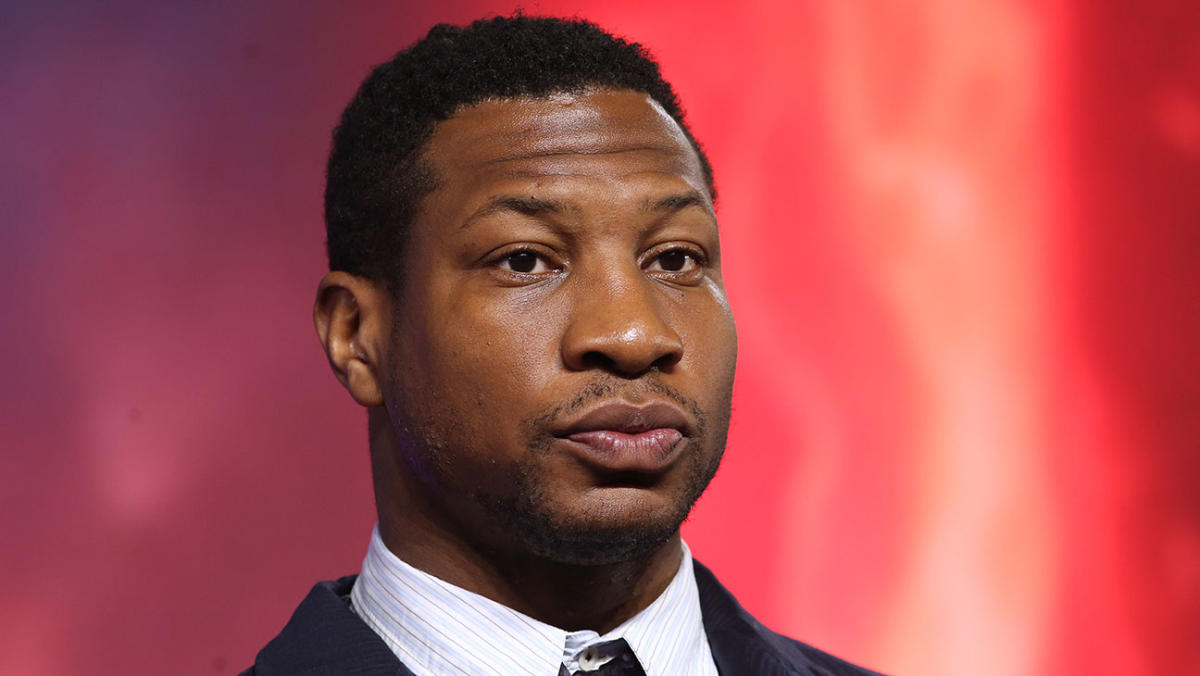After the recent arrest of Grace Jabbari, the ex-girlfriend of Jonathan Majors who accused him of assault, there is confusion surrounding the reasoning behind the arrest, especially considering no charges were filed against her. Some suspect it may have been a deliberate “publicity stunt.” In response, Majors’s attorney criticized the District Attorney’s decision not to prosecute Jabbari and to continue the case against him, calling it a “serious injustice.”
Jabbari turned herself in for arrest on Wednesday at the 10th precinct in Manhattan, where she was suspected of misdemeanor assault and misdemeanor criminal mischief. The arrest was related to a cross-complaint that Majors had filed against her in June. Majors himself is facing misdemeanor charges stemming from his own case, scheduled to go to trial on November 29.
Following the filing of the cross-complaint, an investigatory card (I-Card) was issued in late June, alerting the NYPD of probable cause for Jabbari’s arrest. However, in documents related to the Majors case, prosecutors revealed that they had informed the NYPD on September 8 and 12 that they would not be prosecuting any charges brought against Jabbari in relation to the March 25 incident. This information was also shared with Majors’s defense counsel on September 26 and Jabbari’s attorney on September 21.
The Manhattan District Attorney’s office officially declined to prosecute the case against Jabbari, stating that it lacked prosecutorial merit. The case has since been closed and sealed.
Ross Kramer, Jabbari’s attorney, expressed confusion over the reason for the arrest, stating that they had not received a satisfactory answer from the NYPD. He further explained that Jabbari and himself spent about 90 minutes at the police station on Wednesday, filling out paperwork for a desk appearance ticket. However, with the state’s decision not to proceed on the charges, the court appearance is no longer necessary.
Jabbari and Kramer were aware of the impending arrest and had made arrangements for her surrender. They believed the charges would be dismissed and sealed by the District Attorney’s office the following day. Kramer described the experience as unfortunate, particularly for a domestic violence survivor to be treated like a perpetrator.
The NYPD declined to comment on the reason for the arrest, only confirming that Jabbari had self-surrendered.
Dustin Pusch, Majors’s civil attorney, released a statement expressing disappointment in the District Attorney’s decision not to prosecute Jabbari. He raised concerns about the impartiality and transparency of the prosecutors’ discretion in this case.
Cary London, a Manhattan-based civil rights and criminal defense attorney, viewed the NYPD’s arrest of Jabbari as highly unusual and potentially a “publicity stunt” orchestrated by Majors’s defense team. He explained that in domestic violence cases, it is not typical for the NYPD to arrest the complaining witness, as it may be seen as retaliatory. London emphasized that the arrest will have no legal effect in Jabbari’s trial.
Majors’s defense team declined to comment on the matter, and a spokesperson for the firm said that she was unavailable to respond to the allegations of a publicity stunt.
Tensions between the District Attorney’s office and the NYPD have been evident, particularly following a recent case involving a police officer. Mitch Schuster, a litigation attorney, explained that prosecutors have discretion in deciding whether to prosecute a case, while the NYPD makes an arrest based on probable cause. This can lead to differing decisions between the two entities.
The District Attorney’s office did not provide comment for this article. However, previous filings related to Majors’s case revealed that the NYPD had informed Majors’s defense counsel about the I-Card for Jabbari in June but did not inform the District Attorney’s office until later. The prosecution had also attempted to secure a protective order to prevent the tainting of a future jury pool and witness intimidation, but the judge denied the proposal.
In September, Jabbari’s defense team filed a motion to dismiss the case against Majors, claiming that the prosecution had buried evidence, including the existence of the I-Card. The motion was denied by a judge on the same day as Jabbari’s arrest.
For the full article, click here.


